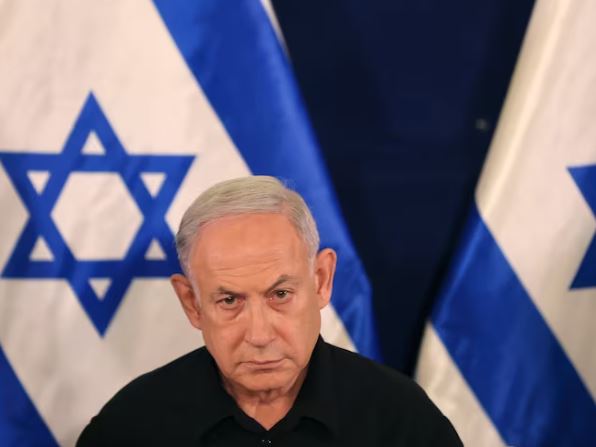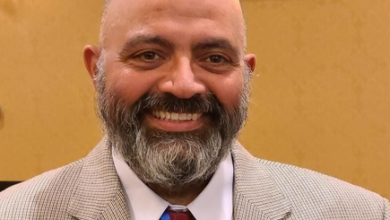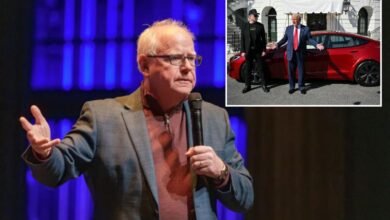Netanyahu Calls for Stricter Measures Against U.S. Students Amid Campus Protests

Israeli Prime Minister Benjamin Netanyahu has called for a more stringent response to U.S. college students involved in campus protests concerning Israeli policies. This demand comes as demonstrations have spread across numerous universities, signaling growing unrest among students about the current geopolitical tensions.
Background on the Protests
The protests, which have seen a significant uptick in participants, have been largely driven by concerns over recent actions and policies implemented by Israel. Students at various universities have organized rallies and sit-ins, seeking to draw international attention to what they perceive as injustices in the region.
Netanyahu’s Response
In response to these growing protests, Netanyahu has urged U.S. authorities to implement harsher measures to curb the demonstrations, which he describes as spreading misinformation and fostering divisiveness. “These protests are rooted in misunderstandings and distort the complex realities of our region,” Netanyahu stated during a recent press conference.
U.S. Reaction
Netanyahu’s call has sparked a mixed response in the U.S., with some criticizing his approach as an overreach into domestic affairs, while others argue that universities should indeed take a firmer stand against disruptions on campus. The situation has put additional strain on U.S.-Israel relations, with diplomatic nuances playing out both publicly and behind the scenes.
Impact on University Campuses
University administrations across the U.S. are caught in a difficult position, balancing the need to uphold free speech and the desire to maintain order on campus. Some schools have issued statements reaffirming their commitment to academic freedom and the right to peaceful protest, while also emphasizing the importance of dialogue and understanding.
Looking Ahead
As campus protests continue to evolve, the international community watches closely. The response by U.S. universities and authorities could set precedents for handling similar demonstrations in the future, influencing policies on free speech and protest on college campuses globally.





